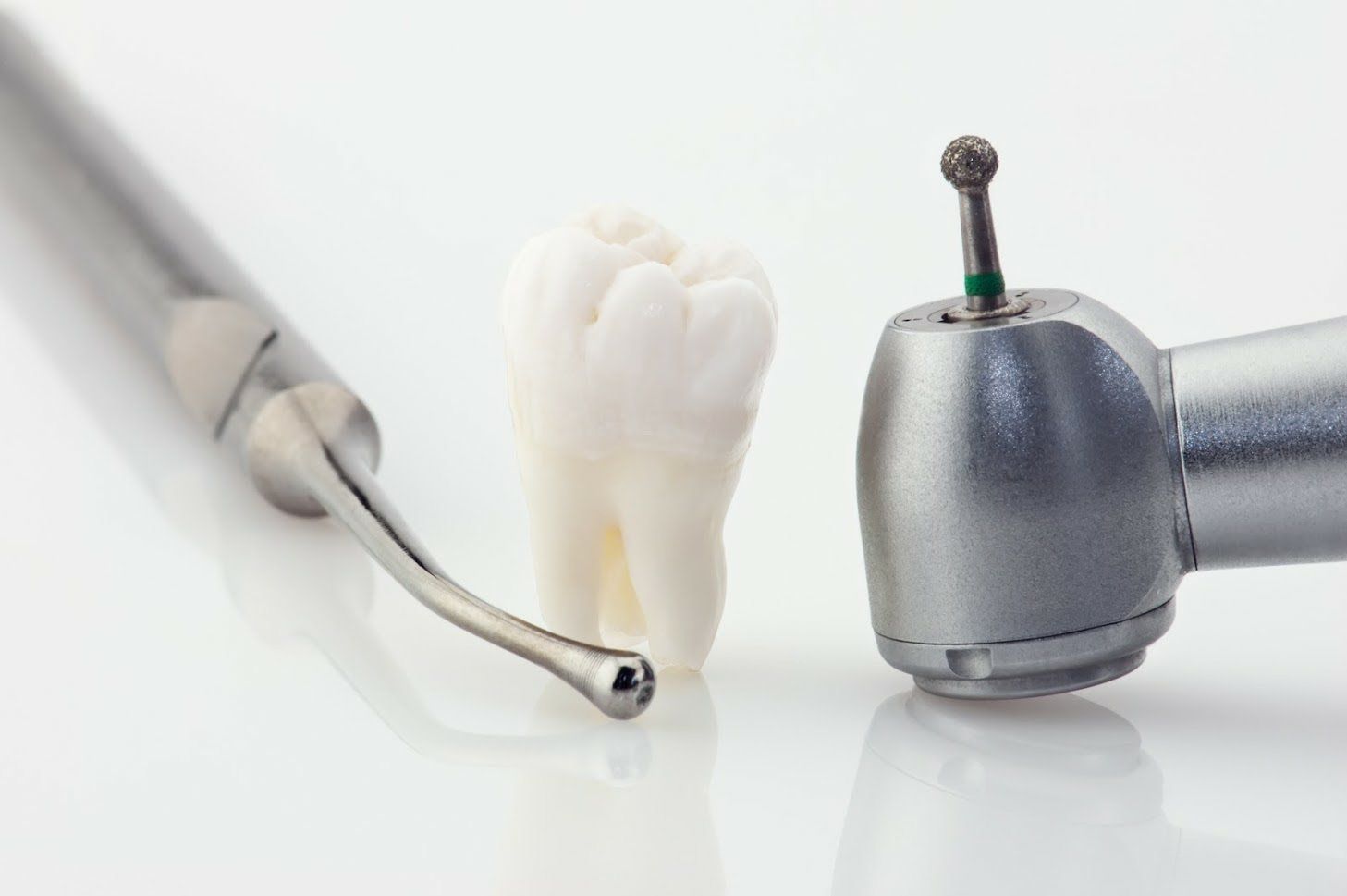What You Need to Know About Impacted Wisdom Teeth

Wisdom teeth are third molars in the back of the mouth at both the top and bottom. Wisdom teeth can be unhealthy teeth that sometimes cause pain and crowd nearby teeth. These teeth can also become impacted, which often leads to pain, infection, decay, and damage to the other teeth. The following are some things you need to know about impacted wisdom teeth.
What Causes Impacted Wisdom Teeth?
Your genetic makeup may cause your wisdom teeth to become impacted. Some people have wisdom teeth that erupt completely through the gums just like other teeth. Others have teeth that only partially erupt, with part of the tooth emerging from the gum. This is known as a partial impact. Any time the teeth do not have enough space to emerge, they become impacted.
Fully impacted wisdom teeth never erupt through the gumline. This means you have to surgically remove the teeth to avoid complications. Partially impacted teeth may also need surgical removal.
How Do You Know If Your Wisdom Teeth Are Impacted?
You may not necessarily know if your wisdom teeth are impacted without a dental exam. However, you may have some signs and symptoms that your impacted wisdom teeth give off. These signs can include pain and swelling in the jaw, swollen and bleeding gums, bad breath, a bad taste in your mouth, and headaches.
If you suspect your wisdom teeth are to blame, see your dentist as soon as possible.
What Complications Are Due to Impacted Teeth?
Some initial complications of impacted wisdom teeth begin with mild pain and bleeding. If you leave the wisdom teeth untreated, you can develop more severe complications. These wisdom teeth will eventually put pressure on the second molars. This results in shifting of your teeth, which requires orthodontic treatment. The shift can also cause infection.
These wisdom teeth are more prone to bacteria growth because they are difficult to reach with a toothbrush. Food and bacteria are more prevalent between the teeth and gums, which can impact other teeth. The added bacteria lead to decay and infection that will require treatment.
These teeth form in a sac inside the jaw. Sometimes, the sac can fill with fluid. The sack can then develop into a cyst. Cysts are painful and can cause damage to the jaw, gums, and teeth.
How Do You Treat Impacted Wisdom Teeth?
You remove impacted wisdom teeth with surgery. Depending on the severity of your impacted teeth, you can do your surgery either in the dental office or in a hospital setting with an oral surgeon. The dentist or surgeon will make an incision in the gum to expose the bone and tooth. The doctor then removes any bone blocking access to the root of the tooth.
Once the doctor can reach the tooth, they divide the tooth into sections and remove it. They then clean the site thoroughly to make sure all tooth fragments and debris are removed. Depending on your outcome, you may need stitches to close the opening.
When Should You Seek Treatment?
If you see your dentist regularly, you probably already know about the condition of your wisdom teeth. If you are aware of your impacted teeth, your dentist will likely start a treatment plan. However, if you begin to notice inflammation, severe pain, shifting of your other teeth, bleeding, or headaches, schedule a dental visit right away.
You should always maintain your dental health, even if your wisdom teeth do not currently hurt or cause complications. If you need dental treatment or would like to speak to us about your dental needs, please contact us at Doctors Davis & Beyer Dental Health Professionals. We look forward to helping you with all of your oral health needs.







